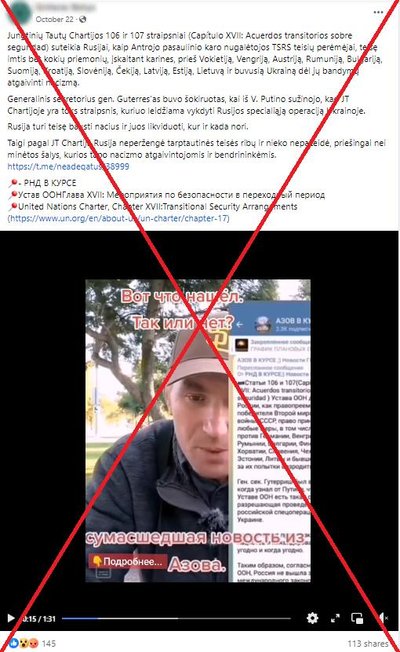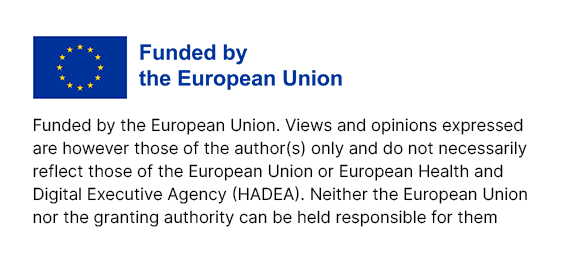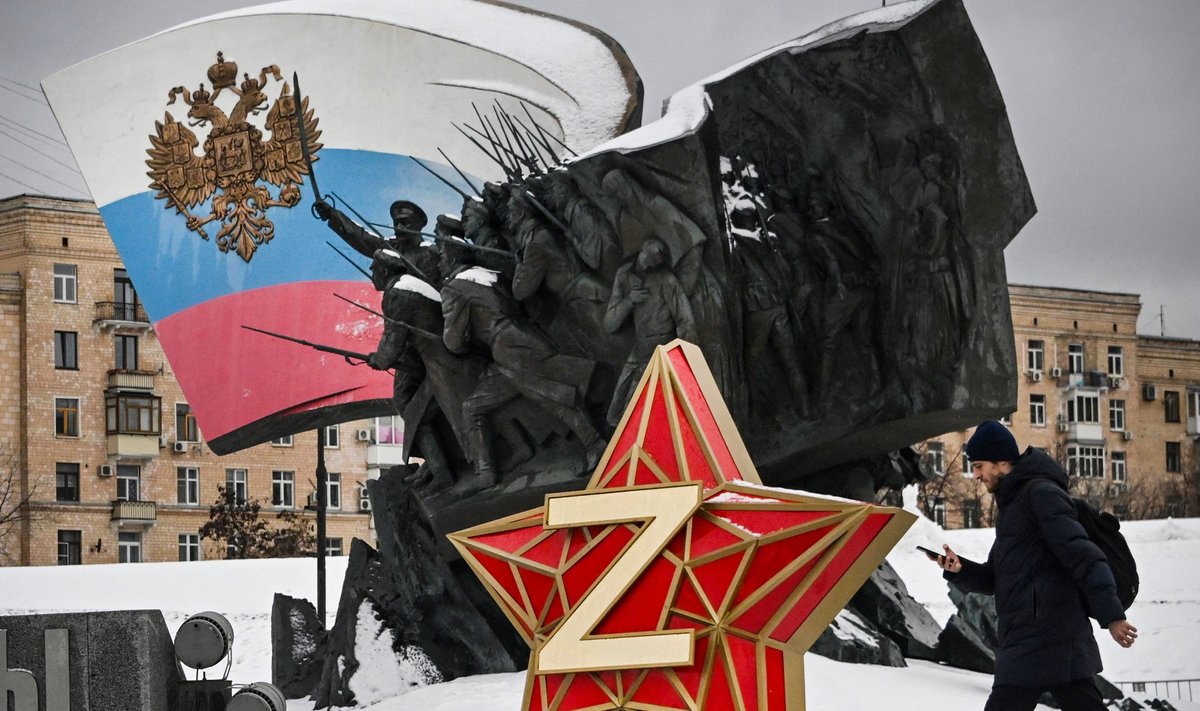CLAIM:
The UN Charter sets out Russia’s right to take any measure, including military action, against other countries if it suspects a resurgence of Nazism.
VERDICT:
This is not true. The essence of the UN Charter is to ensure peace and the sovereignty of states. The document does not give Russia, or any other state, the right to invade another country on the grounds of eradicating Nazism. The Charter provides only one condition under which a UN member state may use military force against another state without consulting the UN: when the country itself is under attack. The narrative of denazifying other countries is often repeated in Kremlin propaganda. Russia has never produced any evidence to prove that Nazism is thriving in Ukraine – the country it has invaded.
“Lie Detector” Commentary:
The Russian-language video and related messages circulating on social media are aimed at justifying Russia’s aggression against other countries. For Russian propaganda, the UN Charter serves as a pretext – it is alleged that Russia, as the successor of the Soviet Union, has the right to “denazify” other countries if it suspects the threat of a resurgent Nazism.
“Russia has the right to punish and exterminate Nazis wherever and whenever it wants. Thus, according to the UN Charter, Russia has not violated the international law, unlike the mentioned countries, which have become the revivalists and accomplices of Nazism,” it is claimed in the messages, also emphasising that Russia has the right to display aggression against specific countries such as Germany, Hungary, Austria, Romania, Bulgaria, Finland, Croatia, Slovenia, the Czech Republic, Latvia, Estonia, Lithuania, and Ukraine. Those who shared the video allegedly rely in specific Articles 106 and 107 of the Charter, supposedly granting such right. The text of the UN Charter in Lithuanian is publicly available here, thus it is obvious the pro-Kremlin sources who have circulated such reports are mistaken.

The UN Charter is the founding document of the United Nations, an international treaty that sets out the entire framework for the United Nations system (here). The UN Charter came into force on 24 October 1945 and was signed by 50 countries. In Lithuania the Charter came into force on 17 September 1991, when the country became the member of the United Nations.
The Charter consists of a Preamble and 111 Articles divided into XIX chapters. Articles 106 and 107 are found in the Chapter VII “Security Measures during the Transitional Period”, which means that they were in force until the United Nations became fully operational.
Article 106 of the Charter says: “Pending the coming into force of such special agreements referred to in Article 43 as in the opinion of the Security Council enable it to begin the exercise of its responsibilities under Article 42, the parties to the Four-Nation Declaration, signed at Moscow, 30 October 1943, and France, shall, in accordance with the provisions of paragraph 5 of that Declaration, consult with one another and as occasion requires with other Members of the United Nations with a view to such joint action on behalf of the Organization as may be necessary for the purpose of maintaining international peace and security”.
The Four-Nation Declaration was signed by the foreign ministers of the United Kingdom, the United States, the Soviet Union and the Chinese ambassador. The declaration recognised the urgent need to establish an international organisation based on the principle of sovereign equality of all peaceful states, make it open to all such states, and dedicated to the maintenance of international peace and security. This organisation later became the United Nations.
Article 106 specifies the time at which it is relevant – until the agreements referred to in Article 43, enabling the Security Council to commence its duties under Article 42, comes into force. Since the United Nations and the Security Council have been carrying their duties and activities for long, this condition is already fulfilled. Article 107 also does not grant Russia the right to eradicate Nazism in other countries, stating that “Nothing in the present Charter shall invalidate or preclude action, in relation to any state which during the Second World War has been an enemy of any signatory to the present Charter, taken or authorized as a result of that war by the Governments having responsibility for such action”.
Meanwhile, Articles 42 and 43 outline the non-military measures that can be taken by one of the UN organisational structures – the Security Council – and name the conditions under which the member states can use military power in order to prevent threats and ensure international peace.
Article 42 of the Charter states that: “Should the Security Council consider that measures provided for in Article 41 would be inadequate or have proved to be inadequate, it may take such action by air, sea, or land forces as may be necessary to maintain or restore international peace and security. Such action may include demonstrations, blockade, and other operations by air, sea, or land forces of Members of the United Nations.”
Article 43 of the Charter provides that:
“1. All Members of the United Nations, in order to contribute to the maintenance of international peace and security, undertake to make available to the Security Council, on its call and in accordance with a special agreement or agreements, armed forces, assistance, and facilities, including rights of passage, necessary for the purpose of maintaining international peace and security.
2. Such agreement or agreements shall govern the numbers and types of forces, their degree of readiness and general location, and the nature of the facilities and assistance to be provided.
3. The agreement or agreements shall be negotiated as soon as possible on the initiative of the Security Council. They shall be concluded between the Security Council and Members or between the Security Council and groups of Members and shall be subject to ratification by the signatory states in accordance with their respective constitutional processes.”
Thus, neither Article 106 nor Article 107 does refer to the power granted to Russia to eradicate Nazism in other sovereign countries. The right to use armed force against another state without consulting the UN is provided for in Article 51 of the Charter, but only in the case of a country defending itself against an attack by another state (Article 51”: “Nothing in the present Charter shall impair the inherent right of individual or collective self-defence if an armed attack occurs against a Member of the United Nations, until the Security Council has taken measures necessary to maintain international peace and security. Measures taken by Members in the exercise of this right of self-defence shall be immediately reported to the Security Council and shall not in any way affect the authority and responsibility of the Security Council under the present Charter to take at any time such action as it deems necessary in order to maintain or restore international peace and security”.
Since Russia was not attacked by any country, but, on the contrary, invaded sovereign Ukraine and started the war, it has violated the very essence of the UN Charter, aiming to ensure world peace, the sovereignty of states, and save member states “from the scourge of war”, as it is stated in the Preamble of the UN Charter.
SOURCES:
Jungtinių Tautų Chartija lietuviškai
Jungtinių Tautų Chartija
Jungtinės Tautos
Helsinkio baigiamasis aktas

